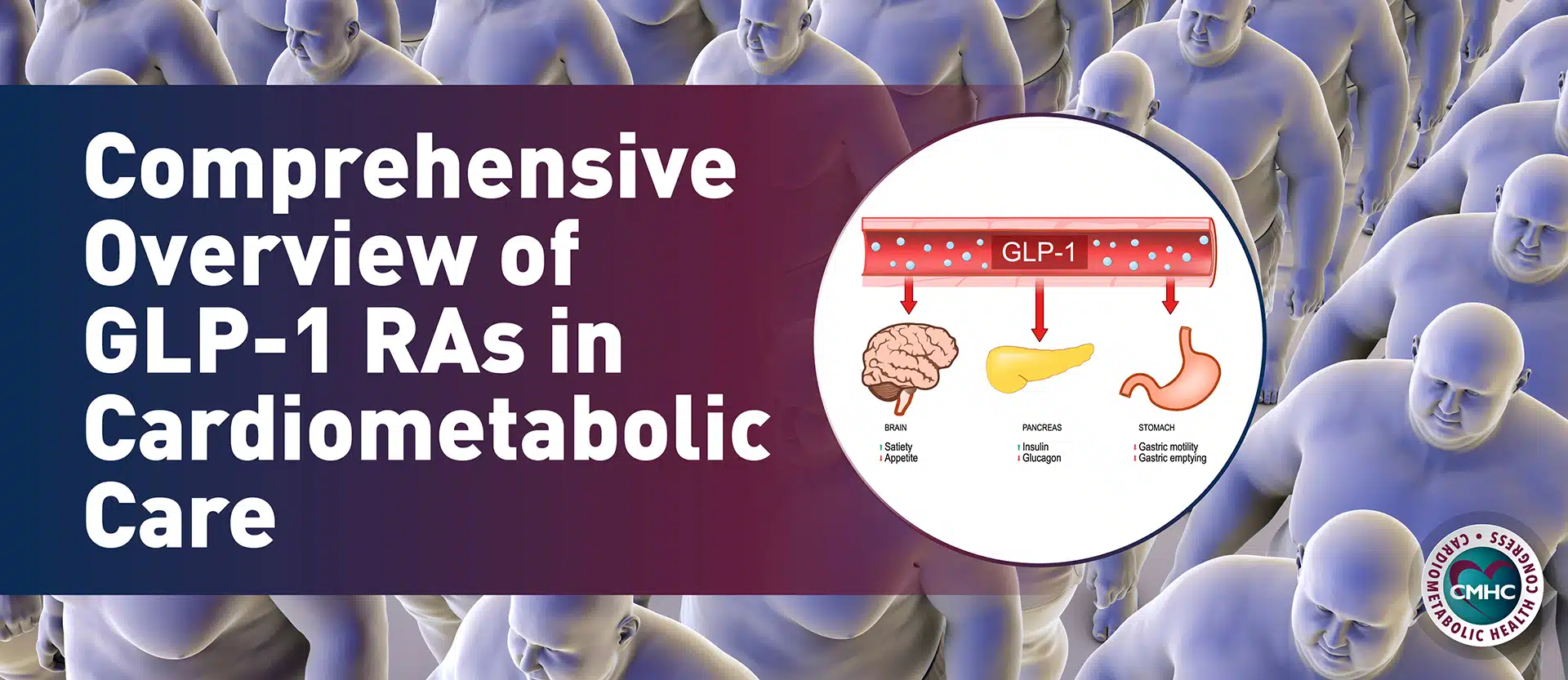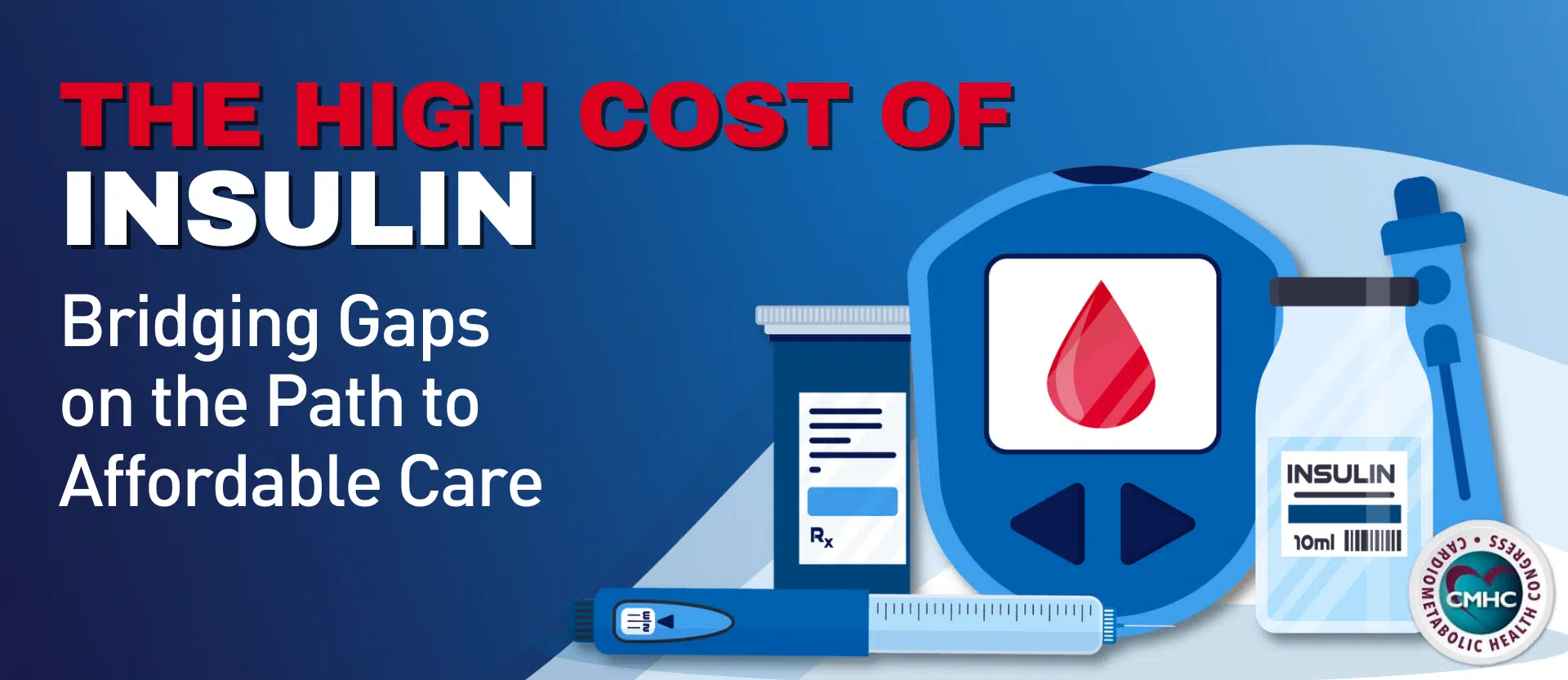In the past decade, the “obesity paradox” theory – which suggests an inverse association between BMI and cardiovascular outcome risk – has been a highly contested subject within the medical community. Type 1 diabetes is a well-established risk factor for cardiovascular disease, heart failure, and mortality, but it may prove especially detrimental in overweight and obese adults. Recent studies aim to dispel the “obesity paradox” by targeting insulin resistance in overweight or obese patients with type 1 diabetes and its relation to increased risks for vascular complications.
Previously, researchers in China found potential supporting evidence for the obesity paradox in a study of over 15,000 Chinese adults. Despite obesity being a well-known risk factor for cardiovascular disease and events, underweight individuals admitted to the hospital with acute myocardial infarction had an increased mortality risk when compared with their higher weight counterparts. Additionally, overweight or obese patients have shown lower risk of in-hospital or long-term adverse events.
However, adults with type 1 diabetes who are overweight or obese may be at a higher risk for cardiovascular disease, heart failure, and might have a higher mortality risk than lower weight individuals, new studies show. Few studies to date have examined the relationship between BMI in patients with type 1 diabetes and mortality rates, but new research from the University of Gothenburg in Sweden aims to disprove the obesity paradox. Led by Dr. Annika Rosengren, professor of Internal medicine at the university, researchers used data from the Swedish National Diabetes Registry to examine the effects of BMI on cardiovascular disease, heart failure, and mortality risk. Rosengren and her colleagues evaluated a cohort of over 26,000 adults with a mean age of 33 years who were clinically diagnosed with type 1 diabetes over a 14-year period.
Of the 1,031 reported deaths, 342 were related to a cardiovascular issue and CVD events were reported 1,460 times. Heart failure was reported 580 times, according to researchers. The study revealed a “J-shaped association” between mortality and BMI, showing no increased risk for participants with lower weight measures. Although, participants with obesity had an increased all-cause mortality risk compared to overweight and normal weight individuals. Overall, the the incidence of major cardiovascular events and CV mortality rates were both higher in participants with obesity. Additionally, researchers found an elevated rate of heart failure related hospitalizations in individuals with high BMIs. The above associations between BMI, all-cause mortality, CV mortality, CVD events and heart failure were reported strongest in men.
The study findings do not support the “obesity paradox” theory, and suggest the continued need for improved glycemic control in patients, regardless of BMI. While lower weight individuals did not have an increased risk for cardiovascular disease or higher mortality rates, a lower BMI did not mitigate all other risk factors. In order to promote better health outcomes and lessen the risk of vascular complications, health care professionals should encourage patients with type 1 diabetes to maintain a lower BMI through beneficial lifestyle changes including improved nutrition and fitness.


















